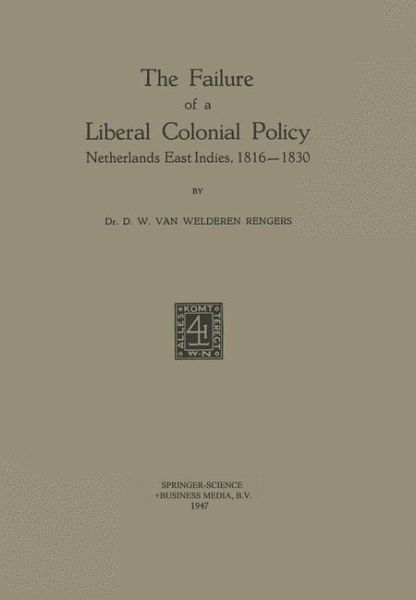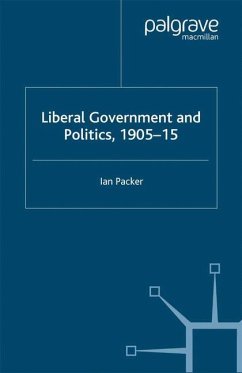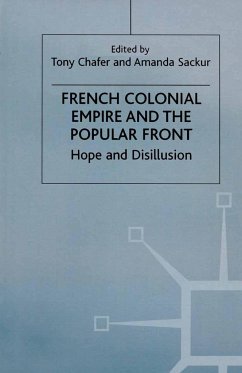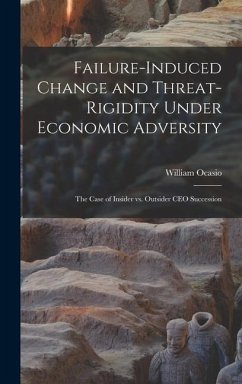
The Failure of a Liberal Colonial Policy
Netherlands East Indies, 1816-1830

PAYBACK Punkte
20 °P sammeln!
The reaspns why the period following the English interregnum in the Netherlands Indies and preceding the establishment of the Compulsory Cultivation system has been chosen as the sub ject of this thesis are the following: 1. Until recently this period, which is of the greatest importance if one desires to know why the Compulsory Cultivation system was introduced, has been rather neglected and treated according to preconceived ideas. Because of that, a wrong interpretation has been given to the attempts to establish a liberal colonial policy. In the light of new evidence, we hope to arrive at a...
The reaspns why the period following the English interregnum in the Netherlands Indies and preceding the establishment of the Compulsory Cultivation system has been chosen as the sub ject of this thesis are the following: 1. Until recently this period, which is of the greatest importance if one desires to know why the Compulsory Cultivation system was introduced, has been rather neglected and treated according to preconceived ideas. Because of that, a wrong interpretation has been given to the attempts to establish a liberal colonial policy. In the light of new evidence, we hope to arrive at a more correct evaluation of the principles, which governed Dutch colo nial policy during that period. 2. By studying this period and especially the attempts to align the colonial policy with the new principles of liberalism, we hope to find some general principles which may be of value for a better understanding of the problems which confront the Dutch at present in the Indies. Regardless ofthe intrinsic value of the new liberal principles in colonial policy, it can be easily understood that their success or failure depended very much on a correct evaluation of the impact which previous policies had had on the Indonesian society.














